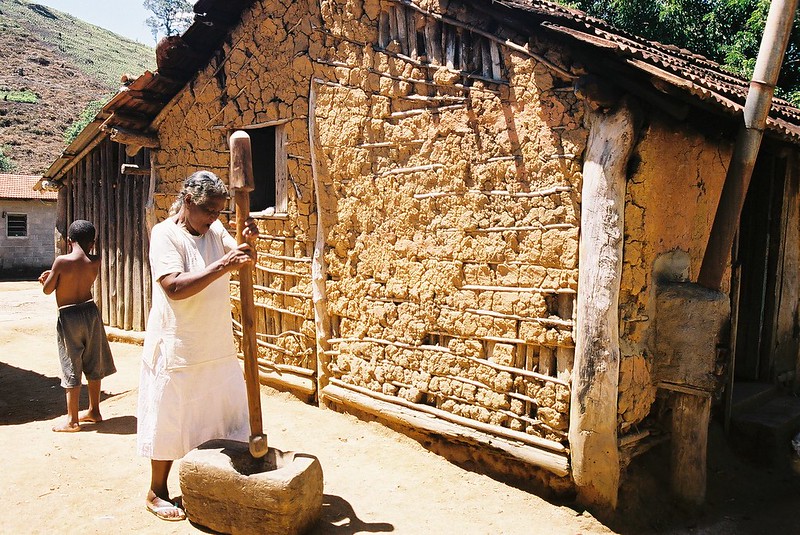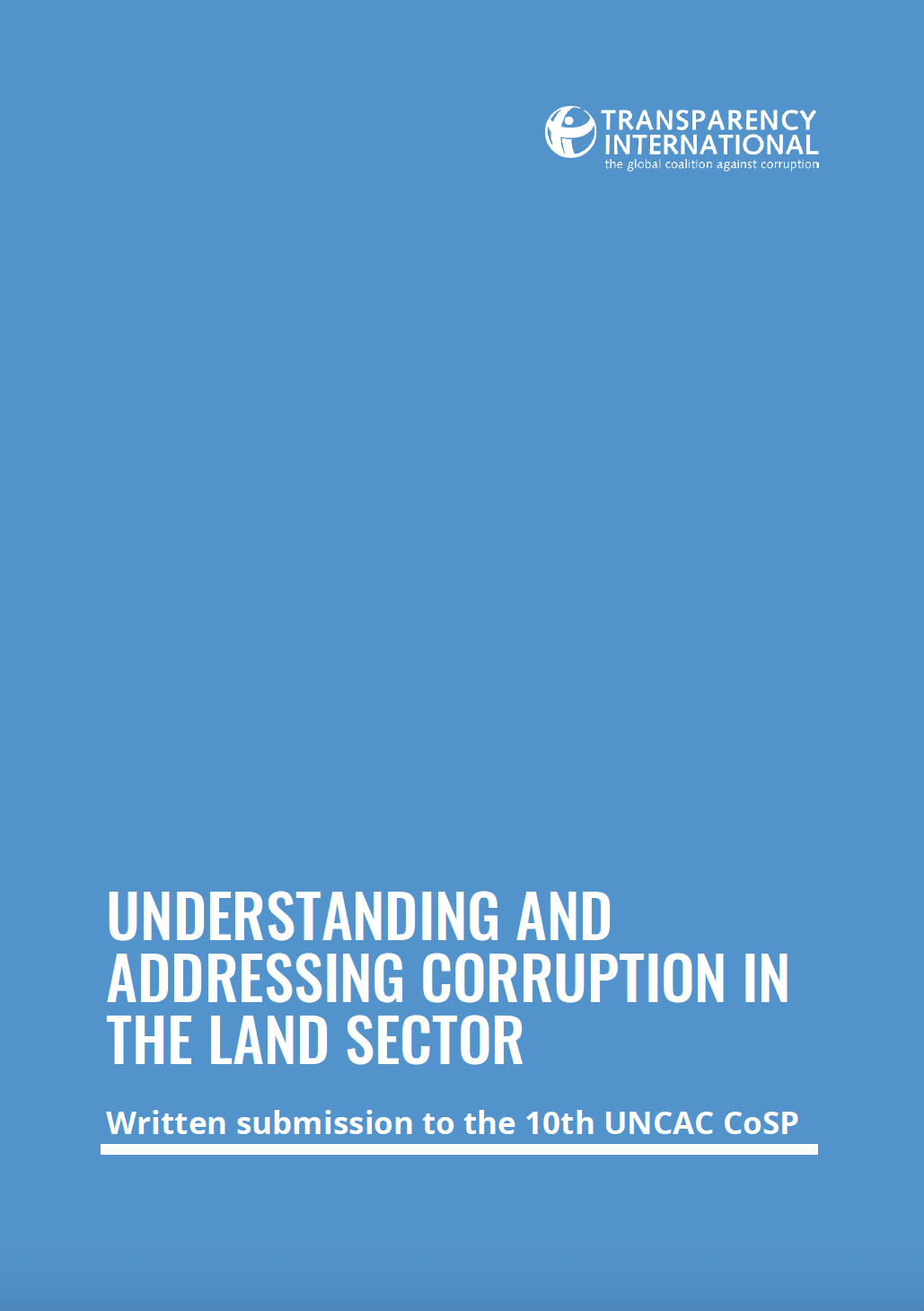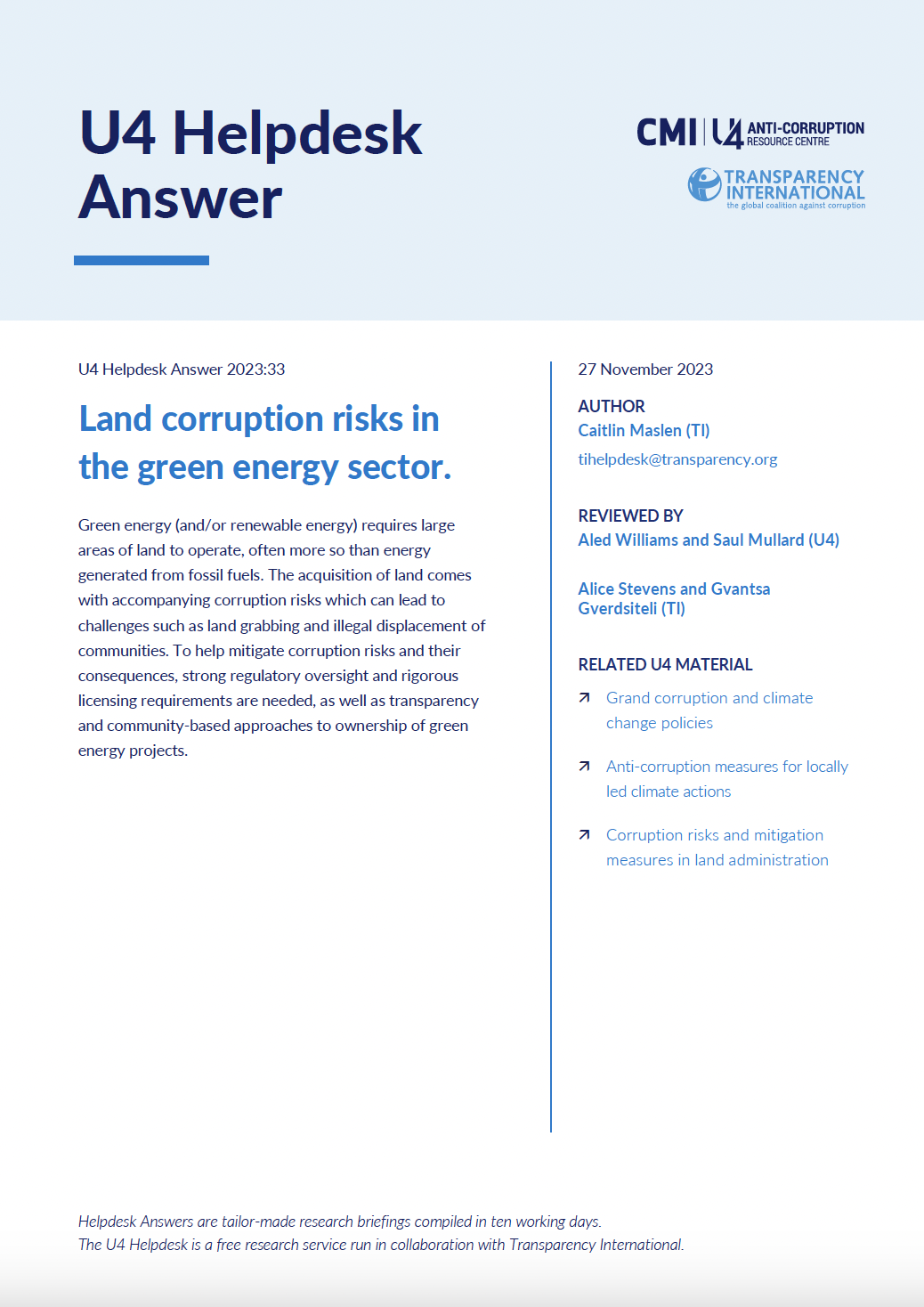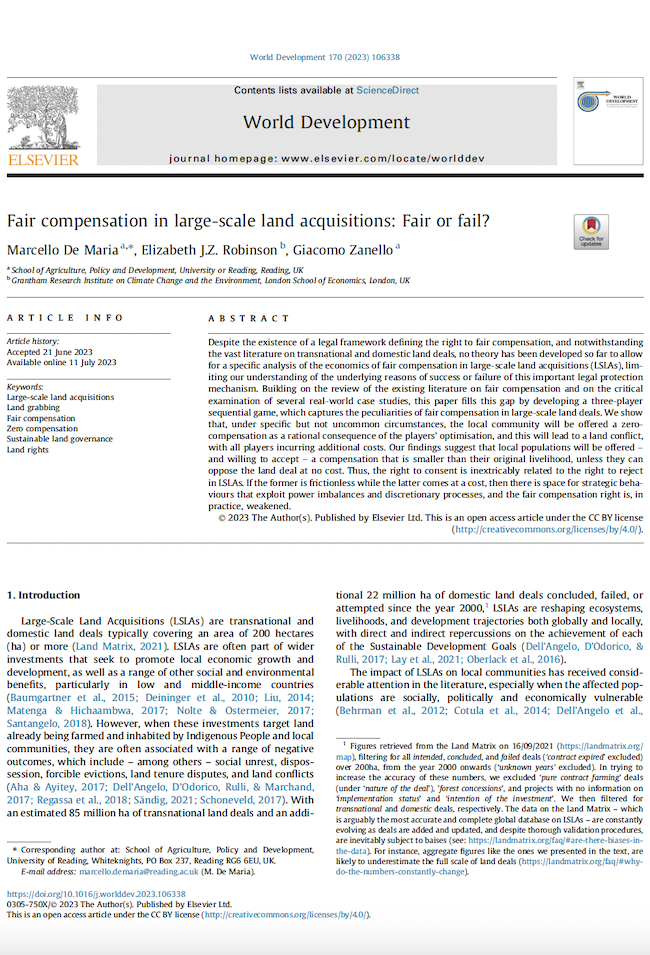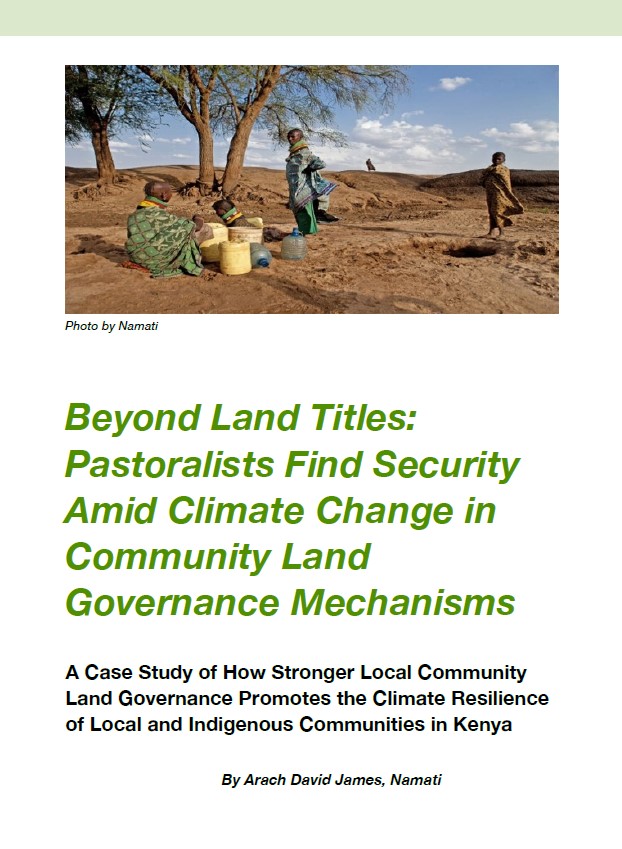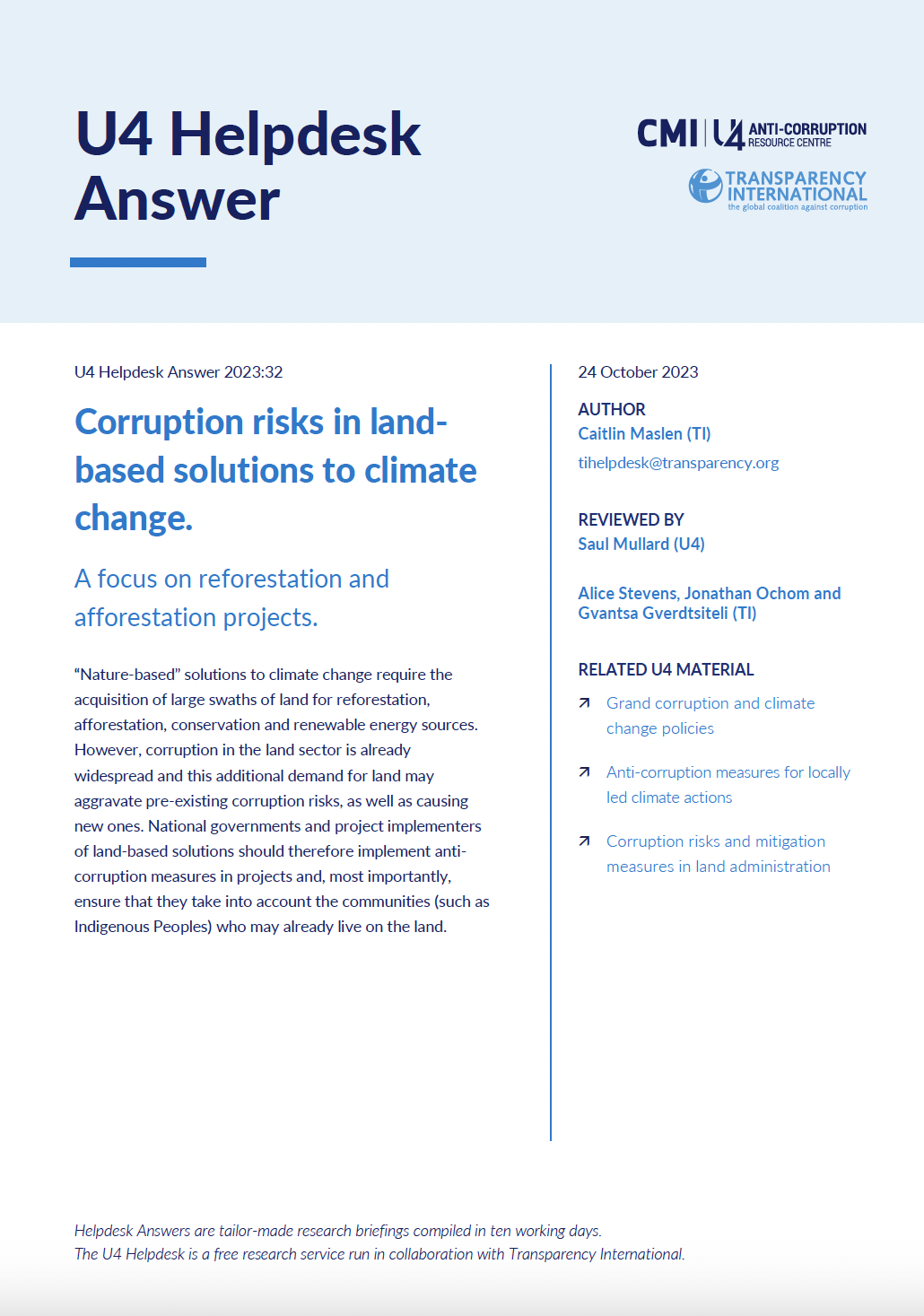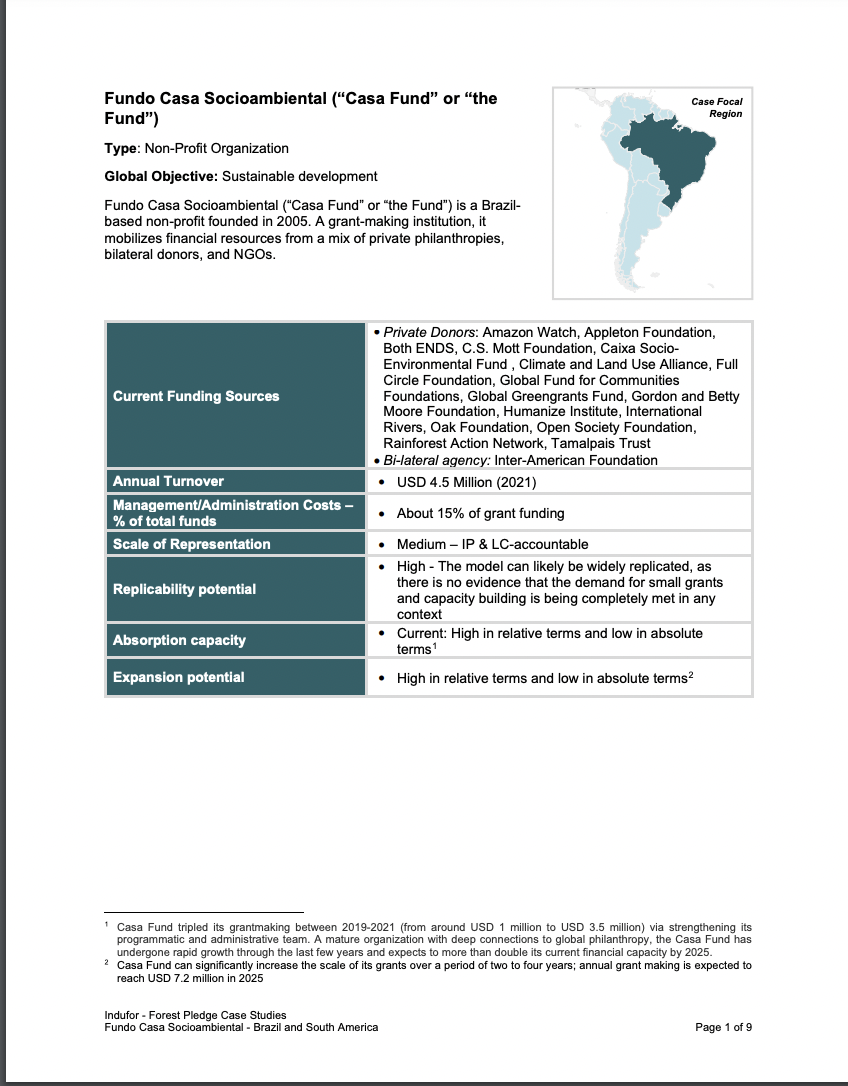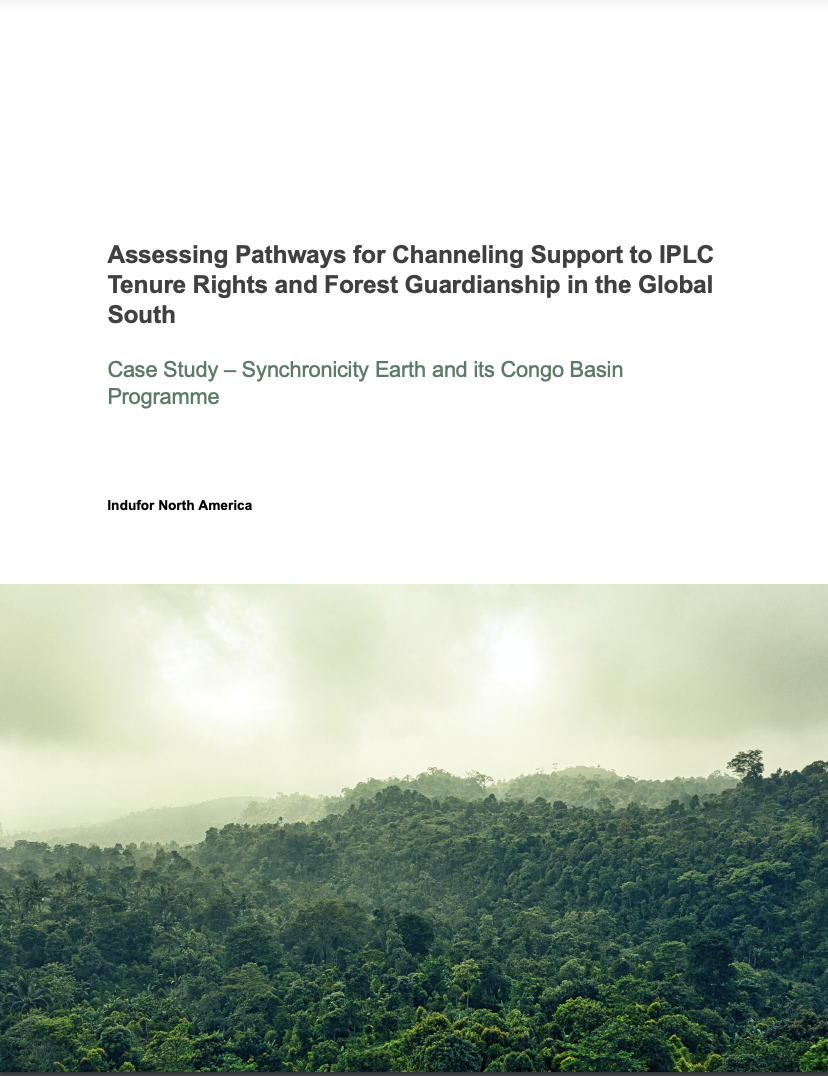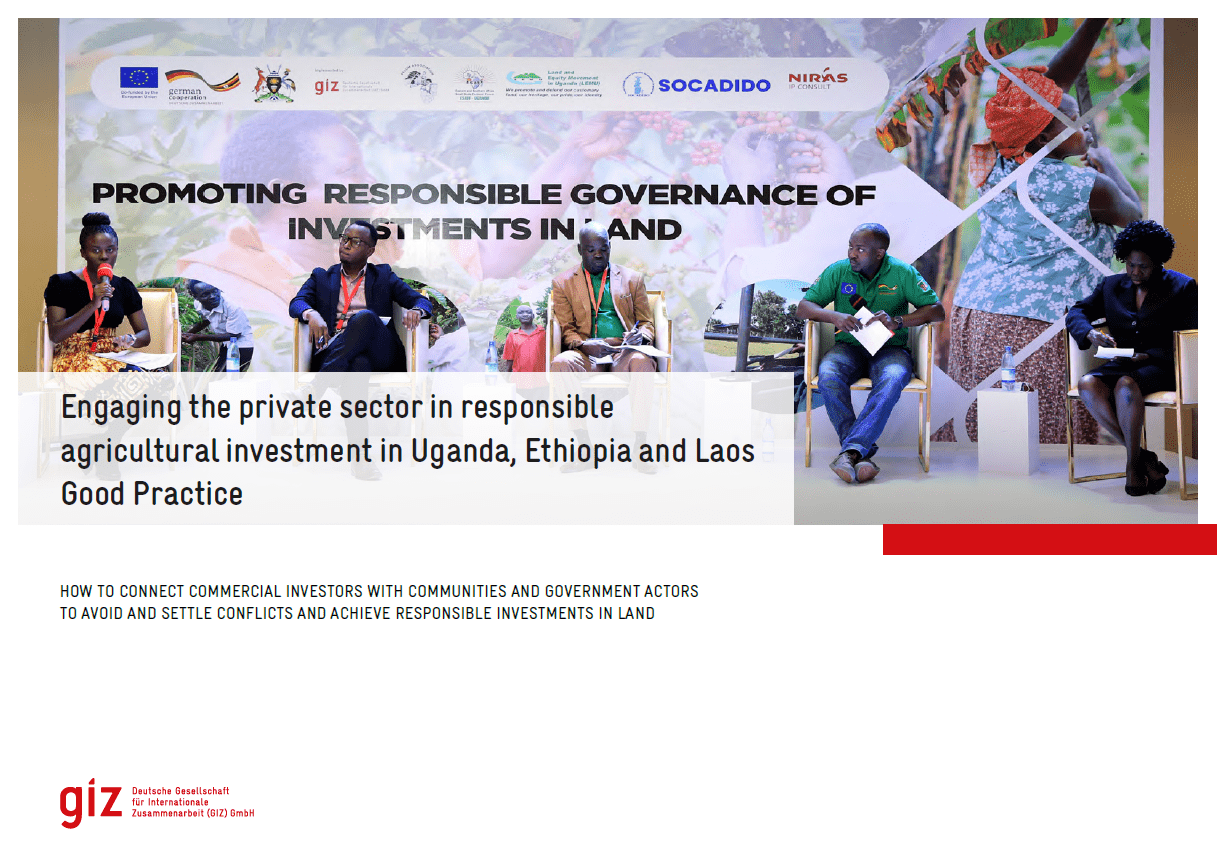Predicted changes in distribution and richness of wild edible plants under climate change scenarios in northwestern Kenya
Wild edible plants (WEPs) can provide diverse and nutrient-rich food sources that contribute to the health and well-being of communities worldwide. In northwestern Kenya, WEPs are vital dietary components for nomadic pastoral communities with limited access to diverse cultivated food crops. However, the increasing impact of climate change poses a threat to these valuable food resources, and their sustainable utilization remains precarious. Here, we assessed the potentially suitable habitats and richness of 23 selected WEPs in the region using a species distribution modeling (SDM) approach.


